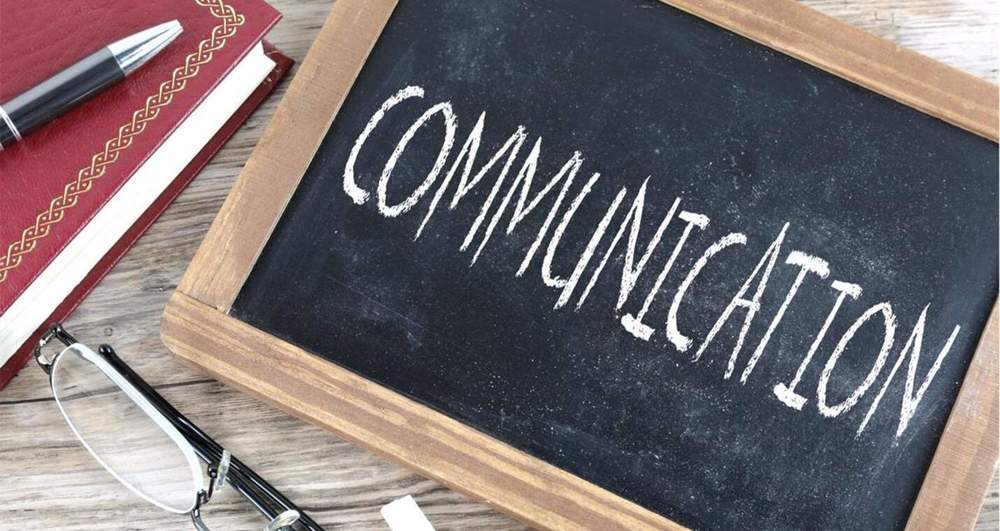
So far, in my role as Peer Mentor I have encountered some problems that I thought it would be beneficial to blog about so that I can be aware of these when I evaluate my development later this semester. For my goal of creative problem solving it is important for me to be aware of any potential or current problems and how I plan to solve these.
One problem I have run into during my first month as a Peer Mentor is the difficulty of finding a meeting time that suits all of my group. Due to peoples timetables being different and some people being in clubs or societies, it appears that no more than 3 out of 7 mentees can meet at the same time. This was very frustrating in the beginning for me as I would hear of Peer Mentors meeting their mentees 5 times within the first 2 weeks. I thought that it was my fault and I struggled to acknowledge that this was out of my control. Thus far, my meetings have just been set once weekly at the time we decided on initially but this means that only a select few of my mentees can attend and I need to ensure that they all can access our meetings.
Some of the ideas I have brainstormed so far to help solve this problem are: hold two meetings each week, have our meetings run like office hours and change the meeting day/time fortnightly so that different people can attend, even if not every week. Although, these ideas have limitations. Firstly, having two meetings each week is demanding on my timetable and I can’t guarantee that I can commit to this each week. Running the meetings like office hours is a good idea in terms of being more accessible to everyone but it makes it seem like a more casual thing and may not encourage my mentees to turn up which may inhibit my development. Lastly, by having a two week rotation of meeting day/time will probably make it more beneficial in the long run but will restrict my mentees from attending any more than once every two weeks if they can only attend one time.
I did draw inspiration for my Mentor Leader and create a doodle poll for my mentees to fill out for me to be able to see when they could attend a meeting but this only proved that only three of them can meet at the same, with some people only being able to meet at a time by themselves. I can meet with my mentees one-on-one or in smaller groups so long as it is in a public setting but this takes up more time and is less effective as it creates more things for me to balance. I am going to write a pros and cons list for all of my options to work out which one is the most effective and then get advice from another mentor or a good leader to see whether they can help me find a more creative solution.
Some problems that could arise in the near future are: my mentees not turning up to meetings or them ignoring our group messages. In order to avoid these I will aim to keep our meetings interesting and engaging, changing location and offering support for aspects of university life they may need advice in (essay writing, balancing workload, referencing, note taking etc). This should ensure that a good amount of my mentees attend our meetings. In terms of them ignoring our group messages, I need to maintain enough contact with them to encourage them to interact with me but I do not want to come across as nagging. One thing I also need to work on is reminding them that this is a volunteer role for me, I do not get paid and I am volunteering my time to help and I would appreciate it if they could attend our group meetings for their own and my sake.

